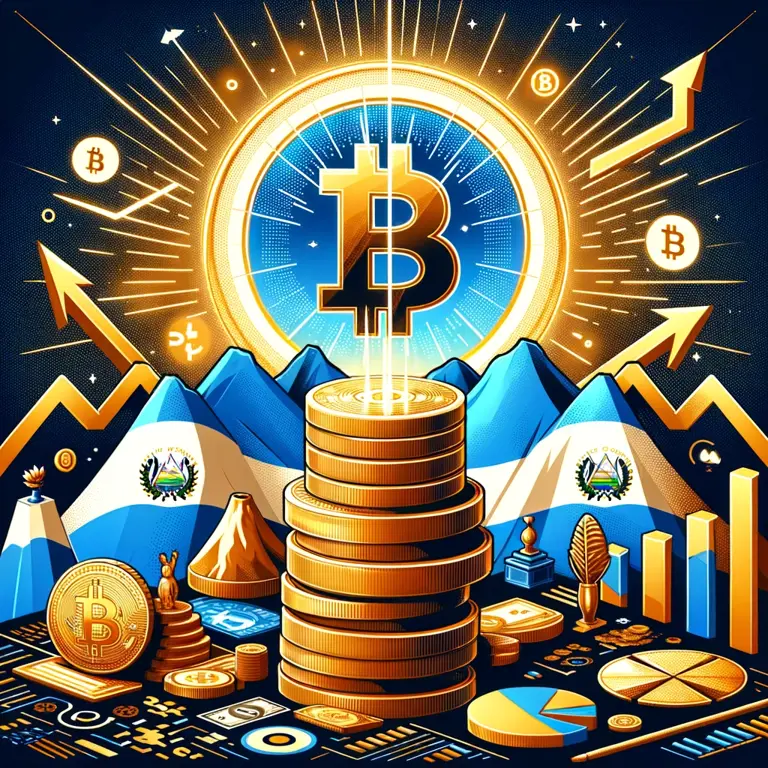El Salvador’s foray into Bitcoin has seen a remarkable surge in the value of its Bitcoin reserves, reaching over $160 million. Led by President Nayib Bukele, the Central American nation’s investment in Bitcoin has surpassed its initial investment by $50 million, showcasing unexpected success.
In 2022, El Salvador made waves by adopting Bitcoin as legal tender, a decision initially met with skepticism but now celebrated as a triumph. Following Bukele’s directive to acquire one Bitcoin daily, the country’s treasury has amassed approximately 2,380 Bitcoins, valued at around $158.5 million. With Bitcoin’s recent surge to a new all-time high on March 5, the value of El Salvador’s holdings soared to $164.7 million, marking a 53% increase over the initial investment. Each Bitcoin was acquired at an average price of $44,300.
Fresh from his reelection in February, Nayib Bukele has been outspoken about the mainstream media’s portrayal of El Salvador’s Bitcoin strategy. He criticized the silence from critics and analysts as the country’s Bitcoin investment turned profitable, highlighting the contrast in media coverage from the initial losses when Bitcoin prices were low. Despite market fluctuations, El Salvador remains committed to its Bitcoin strategy, with the citizenship program serving as a primary source for Bitcoin acquisition, and Bukele affirming the country’s stance against selling its Bitcoin assets.
El Salvador’s pioneering adoption of a “Bitcoin standard” distinguishes it as a trailblazer in national cryptocurrency integration, setting it apart from other countries. While speculation about similar moves by other nations persists, El Salvador stands as the sole nation to formally incorporate Bitcoin into its economy. This unique status has drawn the attention of cryptocurrency proponents and industry figures, including Samson Mow of Jan3, who anticipates a rise in nation-state adoption of Bitcoin.
Recently, El Salvador held presidential and congressional elections, securing Nayib Bukele’s position as one of the country’s most popular leaders in history. Despite being labeled the “Coolest Dictator,” Bukele faced challenges during his initial election campaign due to his diverse religious and ethnic background. With a significant portion of the population adhering to Roman Catholic and evangelical Christian beliefs, some were apprehensive about Bukele’s multi-faith family heritage. However, Bukele adeptly navigated these concerns, prioritizing his political agenda over personal religious affiliations.
A central focus of Bukele’s administration has been the vigorous campaign against gang-related corruption, resulting in the arrest of over 75,000 suspected gang members without trial. This approach, facilitated by a state of emergency approved by Congress, underscores Bukele’s determination to eliminate gang influence in El Salvador. The “New Ideas” political ideology introduced by Bukele has played a pivotal role in driving significant reforms and initiatives aimed at enhancing security and governance in the nation.
